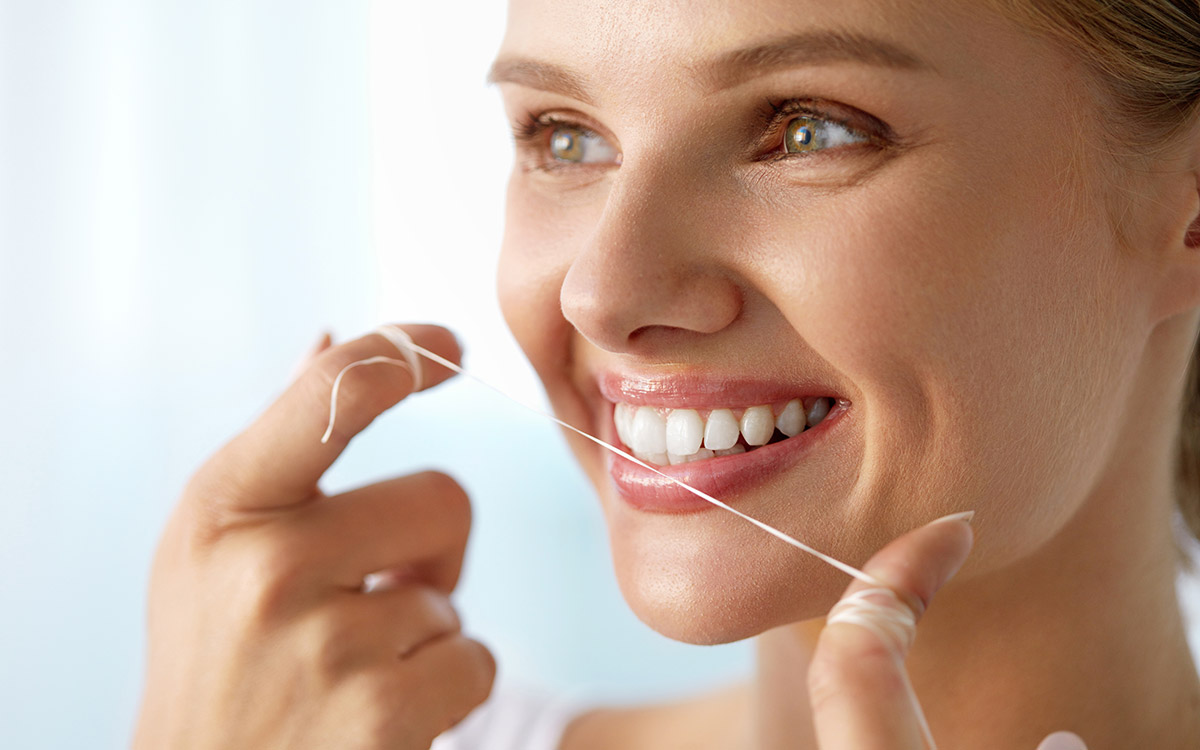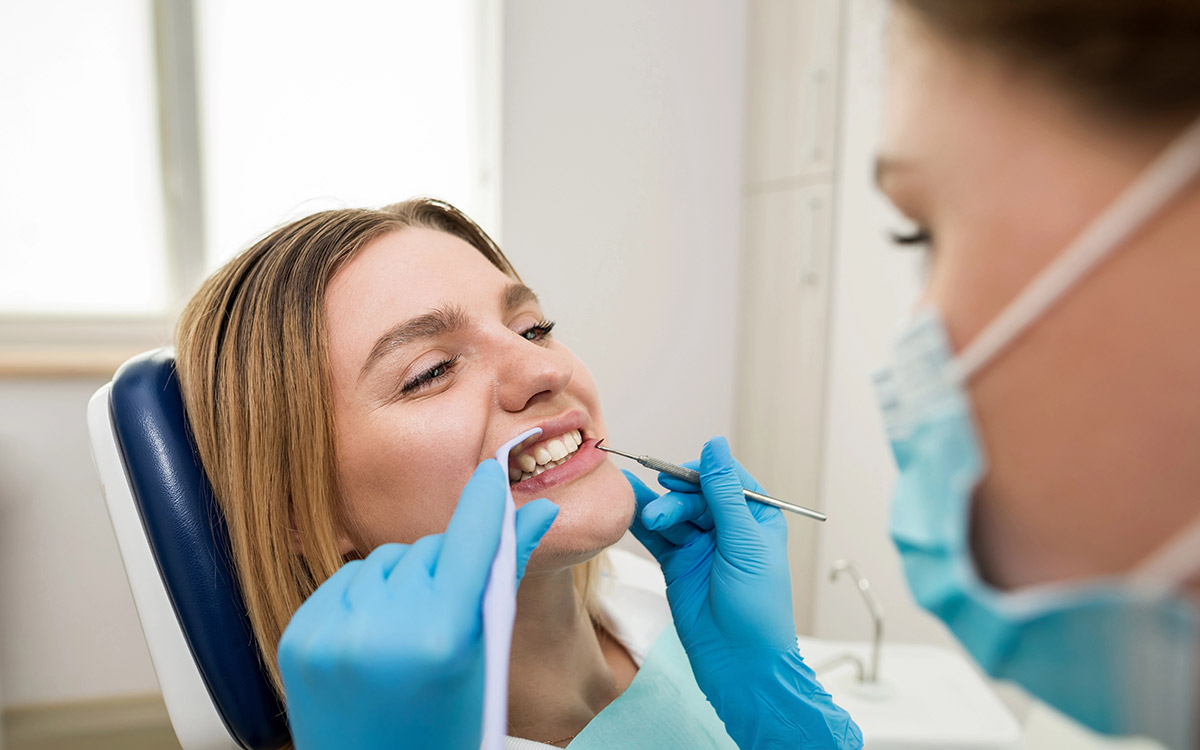One of the most sought-after cosmetic dentistry procedures, teeth whitening promises a more attractive, brilliant smile. But with so many choices—from over-the-counter medications to expert dental work—it can be difficult to sort out what actually works and what might be a waste of time and money. This blog article delves deeply into the realm of teeth whitening and offers you vital information to guide your selection of the best technique for your smile.
Everybody wants a brilliant white smile. It can greatly increase your confidence and is seen as a sign of vitality and health. Still, reaching those perfect whites is not always easy. The type of treatment, the state of the teeth, and the personal lifestyle choices all affect the degree of effectiveness of teeth whitening. Let’s discuss the most efficient teeth whitening techniques and some knowledge you should know before choosing to have your teeth whitened.
Understanding Teeth Whitening
1. What generates tooth discoloration?
Knowing what causes tooth discoloration will help you better appreciate teeth-whitening treatments. Food and beverages, including coffee, tea, red wine, and dark berries, are mostly guilty here. Yellowing teeth also result from smoking and aging; the thinning of enamel helps the darker dentin show through.
2. Categories of Teeth Whitening
At-home products and professional treatments are the two main categories into which teeth whitening solutions fall. Professional treatments are done in a dental office; at-home options include trays, whitening toothpastes, and strips.
Expert Teeth Whitening: Office Whitening
Usually, a dentist’s professional teeth whitening procedure is the most effective and secure method. Dentists use higher concentrations of bleaching agents like hydrogen peroxide or carbamide peroxide to noticeably whiten teeth in one session. This approach also guarantees protection of the gums from these strong substances.
Teeth Whitening Using Lasers
Laser teeth whitening is another professional choice whereby the dentist uses a bleaching agent on the teeth and subsequently uses a laser to improve the whitening effect of the gel. Usually quicker than other whitening procedures, this one produces more dramatic results.
Home Teeth Whitening
Kits for Whitening Strips
Usually comprising a peroxide-based gel applied to the teeth using trays or strips, at-home teeth whitening kits Although these products are less strong than the treatments used in dental offices, if used regularly and correctly, they can still be effective.
Rinses and Whitening Toothpaste
Whitening toothpaste and mouth rinses can eliminate surface stains by means of mild abrasives and chemicals, providing a less aggressive approach for those seeking one. These products increase general brightness but will not change the natural color of your teeth.
The Realities of Teeth Whitening: Sensitivity and Risk
Usually temporary but unpleasant, one common side effect of teeth whitening is enhanced tooth sensitivity. Following dentist advice or product directions is crucial since overuse of whitening products can also harm the tooth enamel or gums.
Lifetime of Results
People’s longevity of teeth whitening differs greatly. In addition to maintaining the whiteness, which might necessitate frequent touch-ups, diet, oral hygiene, and smoking can all affect how long the whitening effects last.
Finally,
Although teeth whitening can greatly improve your smile and confidence, it’s crucial to pick the correct technique for your cosmetic requirements and dental condition. Knowing the advantages and drawbacks of both professional treatment and at-home products will help you decide which one to use. See our other blog entries for further specific advice on preserving your dental health or investigating other cosmetic procedures.
FAQ’s
One often-asked question is: How often can I safely whiten my teeth?
Professional teeth whitening can be safely done once a year for most people; at-home kits may be used more regularly but always in line with product guidelines or dentist advice.
Is the whitening of teeth appropriate for everyone?
Those with dental restorations like crowns or veneers, as well as those with gum disease, should see their dentist before having any whitening treatments; not everyone is suited for this process.
Might tooth-whitening erode my enamel?
Correct application and avoidance of overuse should prevent permanent damage to enamel by teeth whitening. One should follow the rules and make use of quality products.
How long does the whitening of teeth last?
Though this varies greatly depending on lifestyle and oral hygiene, teeth-whitening results can last several months to up to three years. Frequent visits and avoiding staining foods and beverages help to extend the effects.







